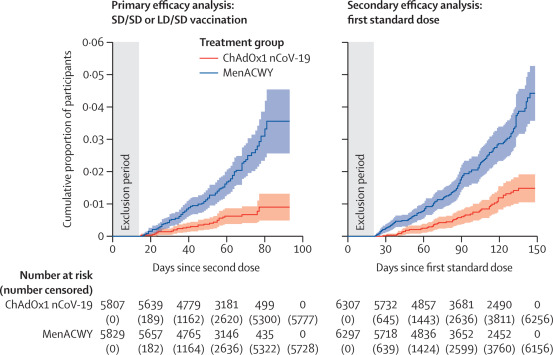It’s not a secret that communicating findings clearly is the most critical part of the research. Case in point recent developments in the Covid19 vaccine safety trials. And poor communication to follow, which succeeded to divide the intended public into a couple of big groups: the true believers and the sceptics. What’s common for both is fear of the unknown.
Looking at headlines, listening to UK government officials you hear things like “adequate research has been done“, “acceptable safety“. Which would all lead any sane person who cares for their own and their family wellbeing question with “What does adequate or acceptable actually mean?“
Without point fingers, there are a few parties that fell flat in terms of the communication:
- Academic elitism, dogmatism and sensitivity when it comes to evangelising new findings. Just like any other deep-rooted, technical and structured field, academics seem to use communication proxies, hide behind papers and peer reviews avoiding open discussions and potential cancel culture?
- Media and trash journalism directly benefiting from the disorder and public division.
- Government bodies who have the power to evangelise, but lack the skin in the game to communicate anything clearly.
All three combined to make a human-centipede like information lifecycle that loses key insight points as it degrades down the food chain.
What’s ignored is the final receiver—the general public consisting of thousands of different human groups with their own goals, needs and challenges.
How can someone who conducts the research and then evangelise it reach these audiences most appropriately?
Evidence and appropriate communication methods.
At the current state media outlets and government official speeches only spark the conspiracy theorist minds to arrive at their own conclusions. The methods, biased and watered-down messaging are downright lazy and ineffective.
Precisely what I was missing in all the articles, government talk was the pointlessly excluded facts that made the message vague. Causing more questions than answers. And after a year of lockdowns and uncertainty, people need clear answers.
Coming back to the point above:
What does adequate research mean? Looking at the actual Covid19 vaccine research paper* what the sceptics needed are the following downloads:
- 11 636 participants consisting of two groups with
- randomised, controlled, blind trials
- overall vaccine efficacy across both groups was 70·4%
- 21 days later – 3 cases in the controlled arm of the study
- 1 death
- safety follow up: median 3·4 months

Based on the above evidence, the vaccines are safe enough in the short term. Because of the limited observation time, the long term effects are not apparent. Even a layperson would have benefited from this supportive information.
My point here is that your audience is smart enough to make their own decision. But if you as a researcher or evangelist pre-digest the information or don’t focus on clear and effective communication, the research is borderline pointless.
As a given, considering the audience and its previously described unique dividing points, one must employ local communication methods might be the most critical action to take.
* Safety and efficacy of the ChAdOx1 nCoV-19 vaccine (AZD1222) against SARS-CoV-2: an interim analysis of four randomised controlled trials in Brazil, South Africa, and the UK: https://www.thelancet.com/journals/lancet/article/PIIS0140-6736(20)32661-1/fulltext